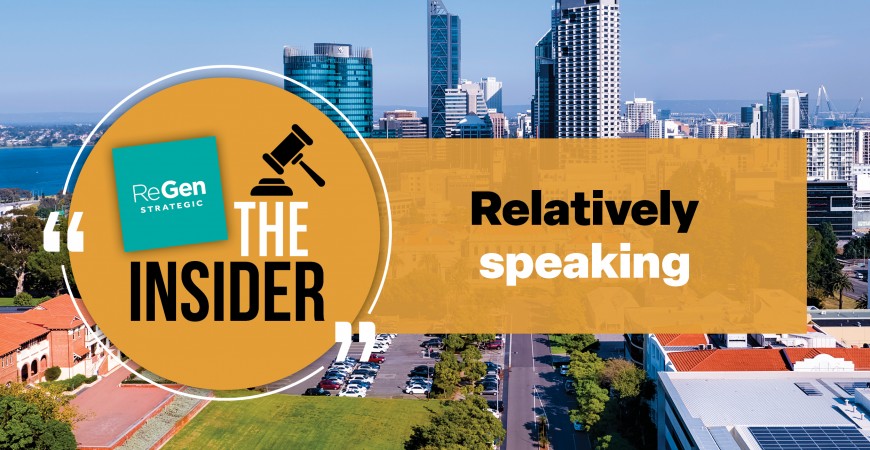Despite the sometimes hysterical headlines and punditry, it probably would have been a far bigger issue for the Prime Minister to land a meeting with President Trump and not receive the same audience with President Xi in recent weeks.
With a consortium of iron ore and resources leaders flanking the Prime Minister in Beijing, this week’s major set piece by the re-elected Albanese Labor Government indicates where Australia’s continuing economic strength will be delivered from.
It prompts a consideration of how Australia will continue to navigate ongoing global volatility, amidst multi-regional conflict, the implementation of trade barriers and an accelerating need to decarbonise.
An equal consideration needs to be undertaken domestically, regarding the disproportionate impacts of new development on communities, particularly across rural and remote areas of Australia.
Proponents that do not take their respective host communities with them face the same dim prospects as governments that don’t engage genuinely.
Australia could be viewed, unfairly, of living in a decades-long bubble as “The Lucky Country”, which Donlad Horne attached to our casual demeanour and enviable mineral endowment in 1964.
But this mentality belongs to the middle of the last century.
On the whole Australians work hard, capitalise on our strengths and have built genuinely innovative and world-leading socio-economic pillars like Medicare and the superannuation system.
The challenge in a world with reduced rates of return, transitioning industrial models and fragmented public engagement, is for Australia to continue to seek out opportunities that can attract private investment and generate benefits for a wider spectrum of the community.
And relatively speaking, we are in a good position to do this.
Our political system is a modern marvel that doesn’t receive the recognition that it should. Compulsory and preferential voting allows for a moderation of political extremes, with elections generally won by the major party that appeals to the centre.
Recent elections have delivered strong majorities for incumbent governments, both federally and in WA, which bucked a trend that was emerging across the developed world. This allows for a rare continuation of implementation and embedding of policy that can’t be as easily rescinded by a future government.
Our mineral endowment continues to fuel the industrial growth of the Asia-Pacific region and the developing world.
With the onset of the energy transition and a need to decarbonise hard-to-abate sectors, Australia has a range of options it can pursue.
A larger portion of the periodic table is now in high demand, as critical minerals like lithium, vanadium and a suite of rare earths deliver support to transitioning energy grids and industrial processes.
Our renewable ‘resources’ from latent wind and solar energy are being harnessed at an exponential rate, with even the poorer zones of renewable energy across the continent surpassing what many other nations can access.
The political challenge with this next and ongoing phase of economic development will be for governments and proponents to demonstrate how the wider community receives a benefit.
This is why consultation processes are being run to determine how benefits from renewable energy projects can support the present and future needs of local communities.
Increasingly, First Nations are being engaged at the early stages of project opportunities, with a consideration of equity stakes and long-term economic empowerment.
The coming wave of investment in renewable energy, critical minerals and downstream processing will be viewed very separately from prior phases of economic growth.
The distinct impacts from these projects, along with a growing consensus that host communities should be partners rather than simply impacted stakeholders, will require proponents and governments to structure engagement practices that are tailored to local circumstances, flexible to needs and long-lasting.
A final element to watch for during the remainder of 2025 is the public release of The Treasury’s pre-election Red Book, which provides an no-holds-barred briefing on the incoming government’s election commitments and financial circumstances.
The release of an unredacted version was apparently a mistake, but it now allows for an unprompted discussion of juicier topics relating to wealth distribution, housing and the GST.
As Australia seeks to take advantage of its relative strengths and competitive advantages, a range of trade-offs may be proposed to ensure a wider cross-section of our community accesses the benefits.
 ReGen Strategic
ReGen Strategic